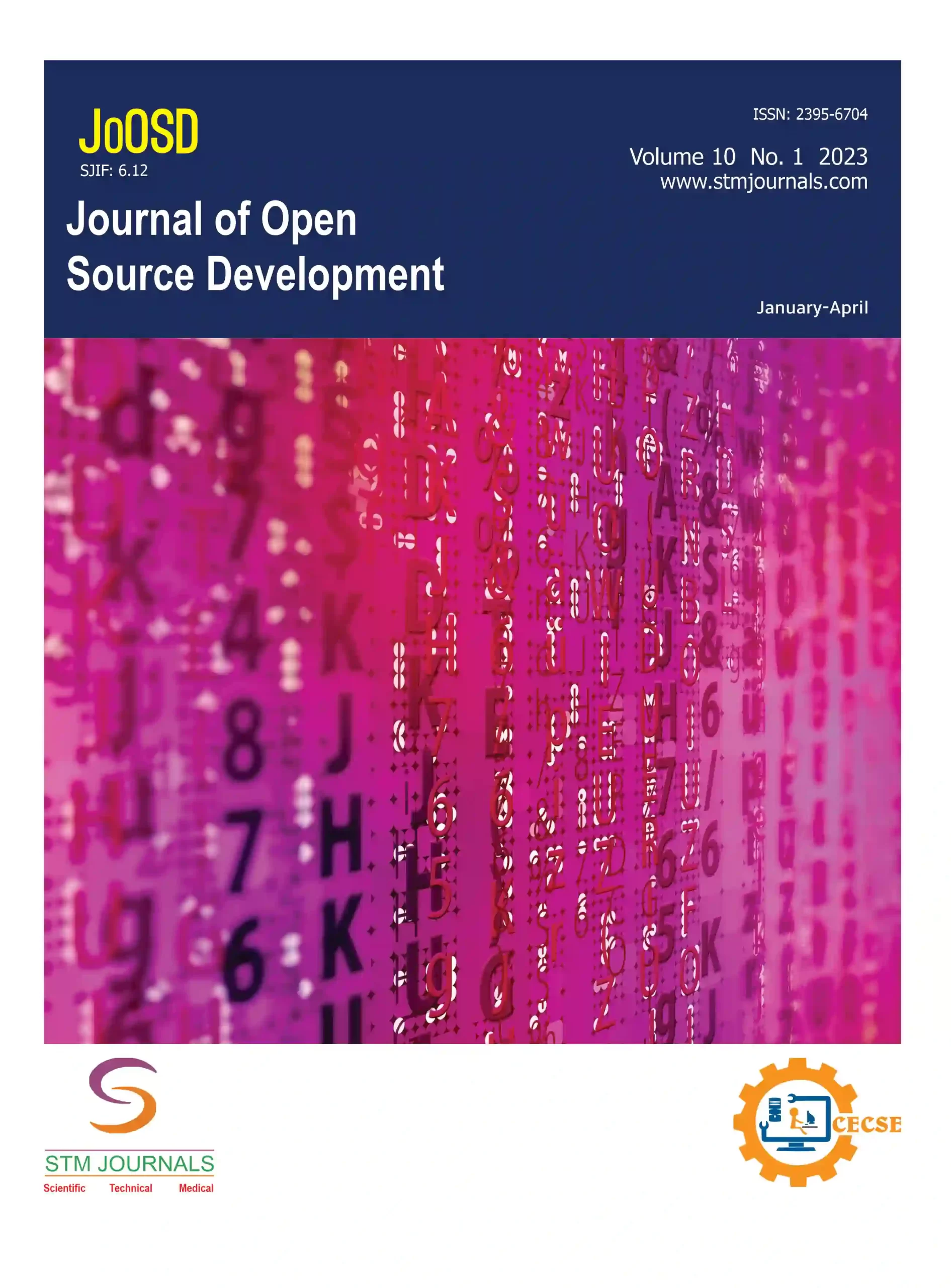
Avanish Kumar Singh,

Himanshu Singh,
- Research Scholar MCA, Thakur Institute of Management Studies, Career Development & Research (TIMSCDR) Mumbai Maharashtra India
- Research Scholar MCA, Thakur Institute of Management Studies, Career Development & Research (TIMSCDR) Mumbai Maharashtra India
Abstract
Credit card fraud has become a significant concern in today’s digital economy, with billions of dollars being lost annually to fraudulent transactions. Conventional rule-based approaches frequently prove inadequate in addressing the constantly changing strategies employed by fraudsters. Machine learning methods have emerged as robust solutions for detecting credit card fraud, presenting the capability to accurately identify fraudulent transactions promptly. In this study, we investigate the efficiency of three widely used machine learning algorithms—logistic regression, random forest, and decision tree—for the detection of credit card fraud. Through an extensive comparative study, we analyze the performance, accuracy, and efficiency of each algorithm on a real-world credit card transaction dataset. Our findings provide valuable insights into the strengths and limitations of these techniques in addressing the challenges posed by credit card fraud.
Keywords: Credit card frauds, training system, decision tree classifiers. random forest algorithms, logistic regression
[This article belongs to Journal of Open Source Developments(joosd)]
References
- Thennakoon A, Bhagyani C, Premadasa S, Mihiranga S, Kuruwitaarachchi N. Real-time credit card fraud detection using machine learning. In: 2019 9th International Conference on Cloud Computing, Data Science & Engineering (Confluence), Noida, India, January 10–11, 2019. pp. 488–493.
- Roy A, Sun J, Mahoney R, Alonzi L, Adams S, Beling P. Deep learning detecting fraud in credit card transactions. In: 2018 Systems and Information Engineering Design Symposium (SIEDS), Charlottesville, VA, USA, April 27, 2018. pp. 129–134.
- Randhawa K, Loo CK, Seera M, Lim CP, Nandi AK. Credit card fraud detection using AdaBoost and majority voting. IEEE Access. 2018; 6: 14277–14284.
- Xuan S, Liu G, Li Z, Zheng L, Wang S, Jiang C. Random forest for credit card fraud detection. In: 2018 IEEE 15th International Conference on Networking, Sensing and Control (ICNSC), Zhuhai, China, March 27–29, 2018. pp. 1–6.
- Khare N, Sait SY. Credit card fraud detection using machine learning models and collating machine learning models. Int J Pure Appl Math. 2018; 118 (20): 825–838.
- Melo-Acosta GE, Duitama-Munoz F, Arias-Londoño JD. Fraud detection in big data using supervised and semi-supervised learning techniques. In: 2017 IEEE Colombian Conference on Communications and Computing (COLCOM), Cartagena, Colombia, August 16–18, 2017. pp. 1–6.
- Jiang C, Song J, Liu G, Zheng L, Luan W. Credit card fraud detection: a novel approach using aggregation strategy and feedback mechanism. IEEE Internet Things J. 2018; 5 (5): 3637–3647.
- Amro A, Al-Akhras M, Hindi KE, Habib M, Shawar BA. Instance reduction for avoiding overfitting in decision trees. J Intell Syst. 2021; 30 (1): 438–459.
- Yang MY, Kumaar S, Lyu Y, Nex F. Real-time semantic segmentation with context aggregation network. ISPRS J Photogramm Remote Sensing. 2021; 178: 124–134.
- Sun Y, Cheng H, Zhang S, Mohan MK, Ye G, De Schutter G. Prediction and optimization of alkali-activated concrete based on the random forest machine learning algorithm. Construct Build Mater. 2023; 385: 131519.

Journal of Open Source Developments
| Volume | 11 |
| Issue | 01 |
| Received | February 29, 2024 |
| Accepted | March 26, 2024 |
| Published | April 5, 2024 |

